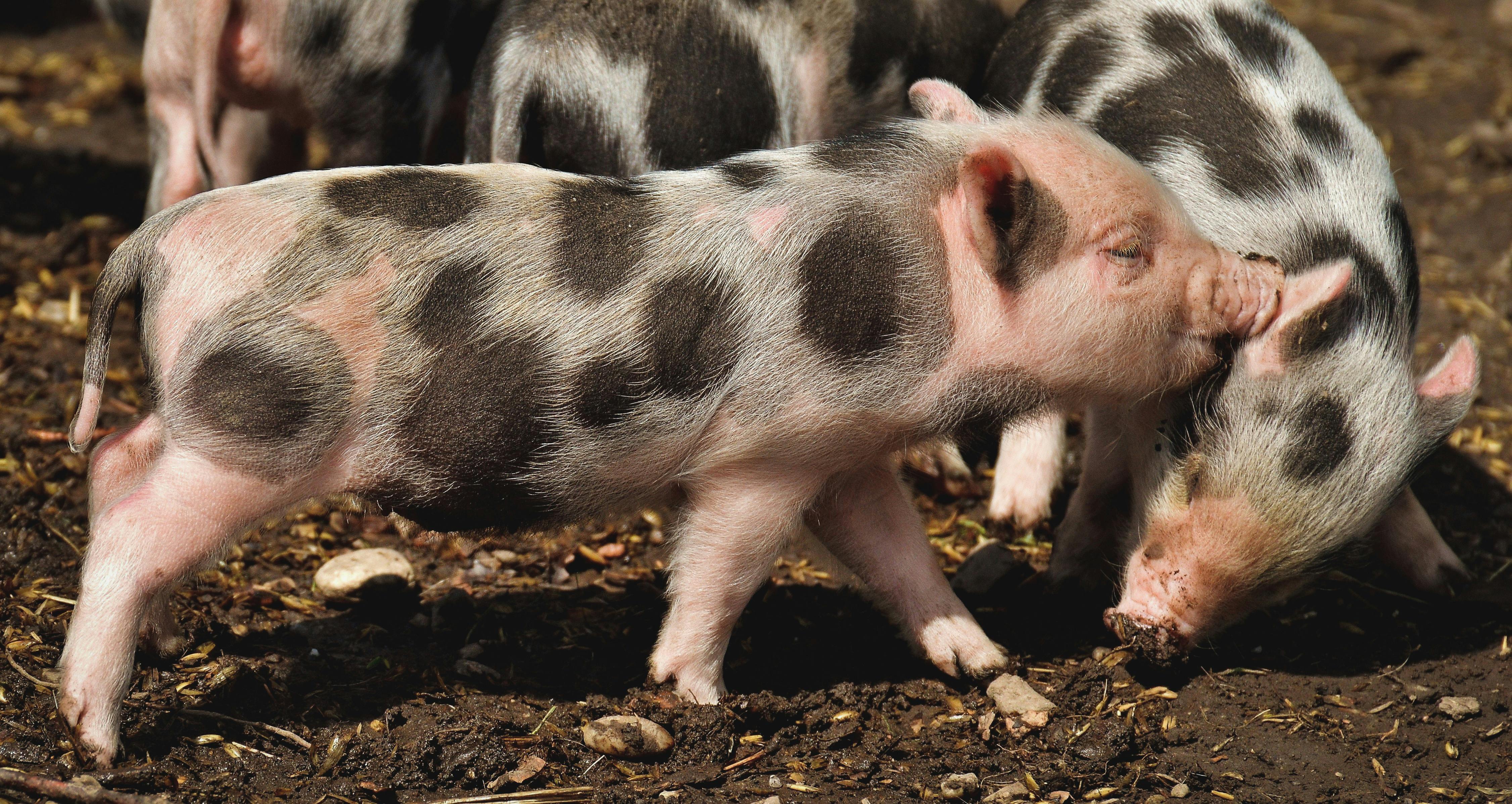Smart Ways to Care for Your Hamster in 2025: Essential Tips
Caring for a pet hamster in 2025 requires updated knowledge around their habitat, nutrition, and enrichment needs. As a small pet owner, understanding the essentials of hamster care is crucial for promoting their health and well-being. With the rise in popularity of hamsters as family pets, particularly among children, this article emphasizes practical tips and insights to ensure a happy life for your furry friend.
By adopting the right habits and maintaining an understanding of their unique requirements, you can contribute to a fulfilling experience for both you and your hamster. This guide will cover various aspects of hamster care including habitat setup, nutrition, health care, and more. We aim to provide essential information whether you’re a first-time hamster owner or a seasoned enthusiast.
Here's what you can expect: an overview of hamster breeds and their specific needs, tips for selecting the best hamster cages and accessories, and insights into hamster nutrition and health. To top it off, we will also discuss some fun activities to keep your hamster engaged and content.
Let’s dive into the essential tips for effective hamster care in 2025!
Understanding Different Hamster Breeds and Their Needs
With several hamster breeds available as exotic pets, knowing the specific characteristics of each can significantly enhance your pet care approach. The most common hamster breeds include Syrian hamsters, dwarf hamsters, and Roborovski hamsters, each with distinct requirements.
Key Characteristics of Popular Hamster Breeds
Syrian hamsters, often referred to as golden hamsters, are the largest breed and usually live alone due to their territorial nature. They are friendly and can be easily trained, making them ideal for first-time hamster owners.
Dwarf hamsters, on the other hand, are smaller but highly social pets. These hamsters thrive when housed in pairs or small groups and have playful behavior that requires ample space and social interaction to keep them engaged.
Choosing the Right Cage for Your Hamster
When buying a hamster, one of the most important aspects is selecting an appropriate habitat. The best hamster cages provide ample space, ventilation, and accessories for enrichment. Opt for multi-level cages or spacious tanks since hamsters are naturally active and need room to explore. Ensure the bedding is safe and absorbent; materials such as paper-based bedding are recommended for preventing respiratory issues.
Understanding Hamster Behavior and Needs
Recognizing typical hamster behavior can help in fostering a friendly environment for your pet. For instance, hamsters are generally nocturnal, so it's common for them to be more active during the night. Additionally, providing safe toys and hiding spaces ensures they remain mentally stimulated and can reduce stress levels.
With a solid understanding of hamster breeds and their specific needs, you can create a supportive environment that caters to their unique characteristics. This naturally leads us to discuss the importance of hamster nutrition and how it plays a vital role in their health.
Essential Hamster Nutrition for Optimal Health
Proper nutrition for your hamster is fundamental in maintaining their health and longevity. Hamster food types vary, but it's essential to provide a balanced diet that meets their dietary needs.
Choosing the Right Hamster Food
Commercially prepared hamsters food typically consists of pellets and seed mixes. Opt for premium hamster food brands that offer a variety of seeds, grains, and vegetables to ensure a well-rounded diet. Look for options free from unnecessary additives or fillers. Fresh fruits and vegetables can serve as occasional treats that add diversity to their main diet. Just be sure to research which foods are safe for hamsters.
The Importance of Proper Hydration
Hydration is equally important; ensuring your hamster has access to fresh water daily is essential for their health. Consider using a hamster water bottle with a sipper tube to prevent spills and keep their habitat clean.
Common Mistakes in Hamster Nutrition
A common pitfall for new hamster owners is overfeeding or providing inappropriate treats. Foods high in sugar or fat can lead to obesity and other health complications. Ensure you are aware of hamster-safe plants and snacks, and always monitor their weight to prevent any health issues.
As we explore the nutritional needs of hamsters, it's crucial to discuss the integral role of exercise in their daily routine. This chapter concerns hamster activity and the methods to keep them engaged.
Encouraging Exercise and Playtime for Your Hamster
This section emphasizes the importance of hamster exercise for maintaining a healthy lifestyle. Proper enrichment activities can also reinforce your bond with your pet hamster.
Setting Up a Hamster Play Area
Creating a well-designed play area is vital for your pet's mental and physical stimulation. It can include tunnels, ladders, and hamster-safe toys to turn their environment into an engaging space. Interactive toys such as exercise wheels and playhouses are excellent for promoting physical activity.
Incorporating Hamster Toys and Accessories
When selecting hamster toys, focus on items designed specifically for small animals to ensure safety. Avoid toys with small parts that could be swallowed. Materials like untreated wood or fabric are generally safe; however, always supervise playtime to ensure your hamster doesn’t ingest anything harmful.
Signs of Hamster Stress and How to Alleviate It
Understanding your hamster’s stress signals is essential in ensuring their well-being. Observe behavior changes, such as excessive hiding or chewing, which can indicate discomfort. Providing a calm environment and allowing their personal space can help alleviate stress levels.
With the right combination of exercise and toys, you can keep your hamster happy and healthy. Next, let’s address hamster health and wellness practices to maintain their overall quality of life.
Maintaining Hamster Health and Wellness
Monitoring your hamster's health is crucial for early detection of potential diseases and ensuring longevity in their lifespan. Regular check-ups with a small animal vet can help maintain their well-being.
Recognizing Common Illnesses in Hamsters
Knowing common hamster diseases, such as wet tail or respiratory issues, can expedite treatment. Look for symptoms like lethargy, loss of appetite, or abnormal grooming habits. Early intervention is key to preventing serious health issues.
Essential Grooming Practices for Hamsters
Regular grooming is important, especially for long-haired breeds. Utilize appropriate grooming tools like small brushes and check their nails regularly to prevent overgrowth. Establishing a grooming routine can help familiarize them with handling, making interactions more enjoyable.
Ensuring a Stress-Free Environment
Implementing stress-relief techniques can enhance your hamster’s quality of life. Creating a safe, quiet habitat with minimal disruptions, along with appropriate social interaction, is essential. Avoid long periods of handling or loud noises which can trigger anxiety.
As we conclude how to maintain your hamster's health, let’s shift to some engaging and educational questions from fellow hamster owners.
Frequently Asked Questions About Hamster Care
Q1: How often should I clean my hamster’s cage?
A: Regular cleaning is essential. Ideally, spot-clean daily and perform a deep clean every week to maintain hygiene and prevent odors.
Q2: Can I give my hamster treats, and if so, what are the best options?
A: Yes, treats can be included in your hamster’s diet. Best treats for hamsters include small pieces of fruits, vegetables, and specially formulated hamster treats. Always limit portions to avoid overfeeding.
Q3: What are some fun activities to do with my hamster?
A: Engage your hamster with interactive hamster toys, tunnels for exploration, and creative projects such as DIY hamster toys to stimulate their natural instincts.
Q4: How do I know if my hamster is sick?
A: Watch for changes in behavior such as lethargy, changes in eating habits, or abnormal grooming. If you suspect illness, consult a small animal vet promptly for advice.
In conclusion, caring for your hamster involves a commitment to their unique needs and habits. By understanding their behavior, providing appropriate nutrition and enrichment, and ensuring health measures are in place, your hamster can flourish as a beloved family pet. With the right approach, your journey with your hamster can be rewarding for both you and your furry companion.


